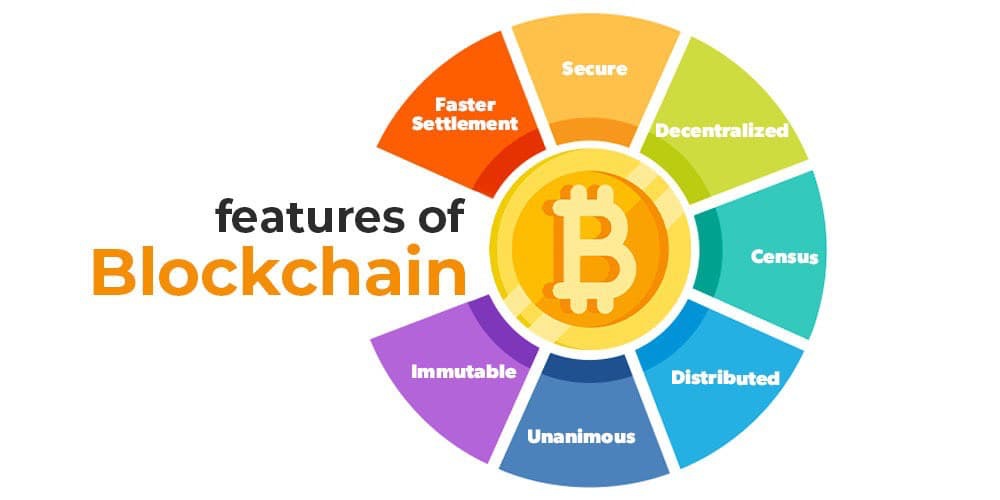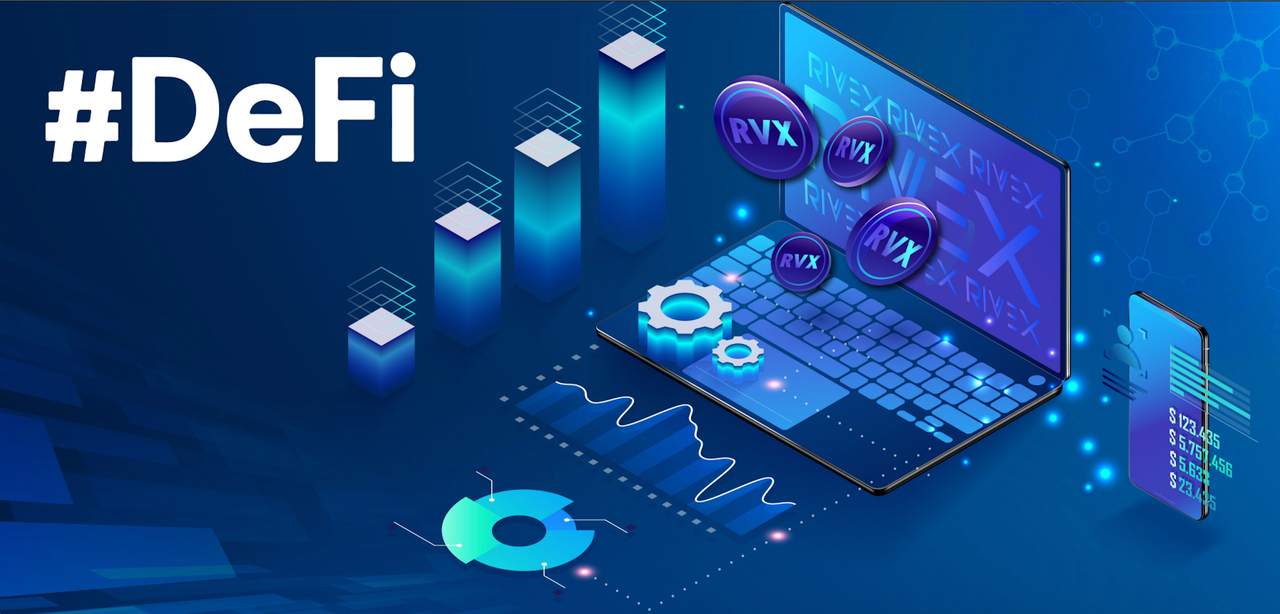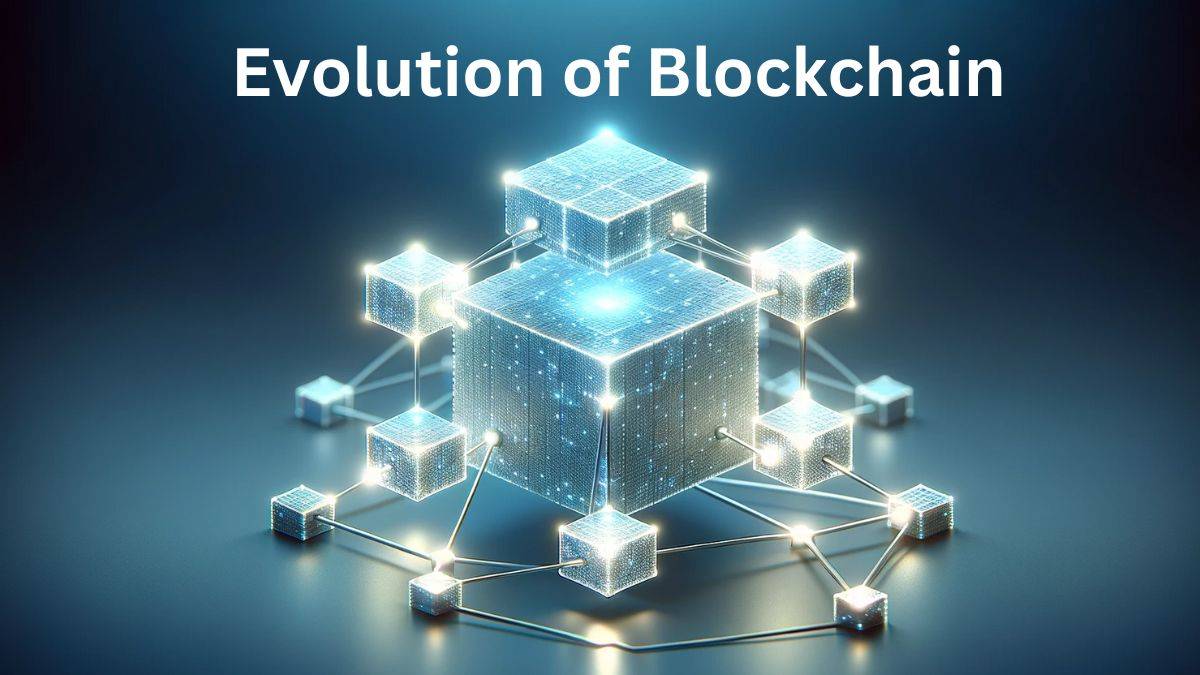Imagine a world where your deals are always safe. No more middlemen, no more doubt. Welcome to the promise of benefits of trustless transactions. These deals don’t need banks or any third-party to say they’re okay. It’s all in your control — safer, faster, and cheaper too. Now, let’s dive deep and see how this bold future is already taking shape.
Understanding Trustless Transactions in Blockchain
How Blockchain Technology Enables Trustless Environments
Blockchain is like a digital ledger. It keeps a record of all coin exchanges. This ledger is open for everyone to see. It is like a book that anyone can read but no one can erase or change what’s written in it. That’s why we call it “immutable”.
This technology lets us trade coins directly with each other. Say goodbye to middlemen! No more waiting for someone else to handle our money. That’s “peer-to-peer” (P2P). We can do it ourselves, quicker and safer.
Every trade on blockchain is secure. It’s locked down with tough math problems, called “cryptography”. Think of them like super hard puzzles. Hackers can’t solve them to steal your coins.
Blockchain also means more freedom. You can send money all over the world, fast and without extra fees. “Global P2P payments” are now easier and open to more people.
The Role of Smart Contracts in Trustless Transactions
Now let’s talk about smart contracts. They are like regular contracts, but they run on the blockchain. They make promises without needing anyone to check. When conditions are met, they automatically do the job. This means less chance for messing up or being unfair.
Smart contracts help everyone follow the rules. If you agree to trade your game token for my comic book, the smart contract makes sure we both do what we said. If I send my comic, I’ll get your game token. If not, no deal. It’s all automatic, no need to trust anyone else.
These contracts can save you time and money. They work all day and night, without getting tired or making mistakes. Plus, they often cut out fees that lawyers or banks might charge.
In short, blockchain makes trades easy, quick, and safe. Smart contracts help keep everyone honest. Both mean you can trust the technology, not just the people, when you trade or share your stuff. This trust in tech is changing how we deal with money and each other for the better.
The Impact of Trustless Transactions on Security and Autonomy
Enhanced Transactional Security without Intermediaries
Think of a world where you don’t need a bank to send money. That’s trustless transactions. They use blockchain technology for safe and direct exchanges between people. You might wonder, why are these exchanges called trustless? Here’s why: it means you don’t have to trust or even know the other person in the deal. Smart tech steps in to make sure everyone plays fair.
Now, let’s dig deeper. One key advantage of blockchain is that it’s very hard to mess with. Once data is in there, it can’t easily be changed or deleted. This cuts the chances of fraud and errors. So, your transactions become rock solid safe. They’re like a lock that only the right key can open.
Also, let’s talk about middlemen, or rather, the lack of them. Usually, banks or other services stand in the middle of transactions. They take time and charge you money. Trustless transactions skip this. They let you trade or pay anyone, anywhere, swiftly and with lower fees. And that means more money stays in your pocket. Easy and neat, right?
Increased User Autonomy through Decentralized Finance (DeFi)
Autonomy is a big word for saying you’re in control. And that’s what DeFi gives you. With DeFi, you get to be the boss of your money. Decentralized finance is a new system that works completely online. It spreads the power wide, so no single group has all the control. Kind of like a game where everyone follows the same rules, and no one can cheat.
So, how does this help you? For starters, you can get into markets that were hard to reach before. Think of a farmer in a small village getting a loan directly from someone in a big city. That wasn’t easy in the past. DeFi makes it possible. And because it’s on the blockchain, everyone can see what’s going on. This means it’s not just safer but also clear for everyone to see – like playing in a glasshouse.
What’s really exciting is that DeFi could let anyone in the world join the financial table. Even if they don’t have a traditional bank account. This opens doors for people who were left out before. It’s not just about being fair. It’s about making the whole system stronger. When more people join in and use their money smartly, everyone wins.
In short, trustless transactions through blockchain and DeFi give you a safer and more in-charge way to handle your money. They break down old barriers and set up a new, open space where every single person can thrive. Now, that’s a future we can all look forward to!
Benefits of Trustless Transactions in the Economy
Cost Efficiency and Lower Transaction Fees
When we talk about trustless systems, we think big savings. Picture this, no banks or payment processors dipping into your wallet for every transfer you make. This is not just a dream — with blockchain, it’s our new real. Just by skirting these middlemen, fees plunge. And when you bank on blockchain, you aren’t just cutting costs. You’re also joining a revolution that makes moving money quicker and easier.
The blockchain’s star players, smart contracts, enter the stage here. They’re like automated robots that do the heavy lifting in deals without messing up or taking a cut. This means lower transaction fees for you and me, and who doesn’t love keeping more cash in their pockets? Saving on fees isn’t just good for our wallets; it also can help small businesses thrive.
Remember how frustrating it is dealing with bank fees for simple tasks? With blockchain, we say goodbye to that. These cost efficiencies make a huge difference, especially when things are tight. Plus, the less you spend on fees, the more you have to invest in what truly matters to you.
The Contribution to Financial Inclusion and Global P2P Payments
Now, onto something that’s close to my heart: financial inclusion. There are billions out there who don’t get a fair shake at banking. But blockchain is changing the game and swinging the doors wide open for them. By tossing out the need for a bank account, anybody with a phone can jump on the global financial network. That’s huge.
And let’s chat about global P2P payments. These aren’t just any payments; they’re your ticket to easily send money across borders. In the old days, posting money overseas was a pain—slow, and costly. But guess what? Blockchain’s zippy paths can slice through those old hurdles, giving folks a helping hand in sending cash to loved ones without the drag.
Think about workers who’ve journeyed far from home to earn a living. With blockchain, they can now send their hard-earned money back without losing a ton to fees. It’s not just helpful; it’s changing their worlds. By making these secure peer-to-peer transactions possible, blockchain gives a boost to global economies and puts power back in our hands.
When I dive into the wonders of blockchain, I can’t help but get excited about how it flips the script on so many aspects of our financial lives. From no third-party intermediaries to enhanced transactional security, it’s the beacon for a new era. An era where everyone can partake in the economy, on their own terms. And by building a decentralized finance (DeFi) platform for all, we’re shaping an economy that’s more fair, open, and connected.
So, to sum it up, these trustless transactions aren’t just about keeping more of your money. They’re about laying the groundwork for a financial system that works for everyone, everywhere. And that, friends, is a world where I’d like to put my money.
Advancing Trust and Transparency in Financial Systems
Immutable Transaction Records as a Foundation of Digital Trust
Trust matters in money stuff. Imagine if no one could change records once set. This is what blockchain does. Every trade, deal, or payment is set in digital stone. No one fakes, changes, or hides it. It’s all out there. This is what we call immutable transaction records. They help us trust each other. As an expert watching all this, I see how it changes things.
With blockchain, we make a deal, and smart contracts lock it in. A smart contract is like a robot that does what we agreed, no mistakes. When I say send money, it goes. When you say deliver goods, they come. It’s all automatic and super speedy. This speed comes from cutting out the middleman, and we call this disintermediation benefits. Because of this, we don’t wait for banks or papers. It’s just us and our deal, and it’s safe.
Transparency and Accelerated Processes in Trustless Exchanges
Now, let’s talk clear deals and fast moves. Trustless means we don’t need someone watching our back. The blockchain does that for us. Every step of our deal shows up for all to see. This is transparency in transactions. It’s like having a big window where everyone watches. No tricks, no waiting. Because there’s no one in the middle, things move fast. We call this accelerated transaction process. It’s saving us time and, yes, also money.
No-more-hiding makes for clean deals. We see everything, step by step. This is different from old money ways, where we wait and guess. With blockchain, we get secure peer-to-peer transactions. Peer-to-peer means just you and me, no extras. And because it’s direct, we worry less about folks grabbing our cash. This is what we call enhanced transactional security.
Remember, having our own control matters. With blockchain, we get to run our money life. This is called increased user autonomy. Our deals and cash move on our say-so, not a bank’s. Blockchain tech lets us say bye-bye to old-school ways. This is the digital trust economy. We use tech to make sure we can trust our money moves.
So, that’s the low down on how blockchain’s changing our cash talks. It’s about trust without the old-school trust keepers. It means clear, fast, and our-control ways of dealing with money. This tech’s not just new; it changes the whole game. We’re making our way to a world where money moves because we say so, and it’s all crystal clear. That’s the kind of future I work toward every day. And trust me, it’s closer than we think.
In this post, we’ve explored how blockchain creates secure, dependable ways to exchange value without needing a third party. Smart contracts help make these trustless transactions smooth and automatic. They’re key to the safety and independence that users enjoy in the world of decentralized finance.
We’ve seen that cutting out middlemen not only boosts security, it also gives people more control over their money. Plus, costs drop and transactions speed up, which is great for everyone. These benefits are opening doors for folks who were left out of traditional finance, making it easier to move money around the globe.
Finally, trustless systems are reshaping our financial world. They lay a solid base of trust with records that can’t be changed. Everything is out in the open, making financial processes faster and clearer. Remember, trustless doesn’t mean there’s no trust—it means trust is built into the system itself. And that’s a game changer.
Q&A
- What are the advantages of engaging in trustless transactions?
Engaging in trustless transactions offers significant advantages, primarily stemming from the elimination of a need for intermediaries. This can reduce costs, increase transaction speeds, and enhance security as every transaction is verified through cryptography and recorded on a blockchain. Additionally, trustless systems promote transparency, as all parties have access to the same ledger, and minimize the risk of fraud or tampering since the decentralized nature makes it difficult for any single actor to alter records.
- How do trustless transactions enhance security?
Trustless transactions enhance security by leveraging cryptographic methods and decentralized networks, typically seen in blockchain technology. Each transaction is recorded on a distributed ledger, which is then validated by network consensus rather than a central authority. This makes trustless transactions highly resistant to hacking and fraud, as altering the transaction record would require an impractical amount of computational power to change every copy of the ledger across the network.
- Can trustless transactions save me money, and how?
Yes, trustless transactions can save money by removing the middlemen or intermediaries who traditionally take a cut in various transactions. By using a decentralized system, users avoid the fees that banks, online payment platforms, and other financial service providers typically charge for facilitating transactions. This advantage becomes particularly noticeable in cross-border transactions where traditional banking fees and currency exchange premiums can be significant.
- How do trustless transactions benefit global trade?
Trustless transactions can revolutionize global trade by making cross-border transactions quicker, cheaper, and more accessible. They reduce the need for currency exchange and allow parties to transact directly with one another without worrying about the trustworthiness of foreign intermediaries or the constraints of different banking systems, significantly simplifying international trade. Moreover, smart contracts can automate and enforce the terms of a trade, further reducing the potential for disputes and delays.
- What impact do trustless transactions have on personal privacy?
Trustless transactions can have a positive impact on personal privacy by allowing individuals to conduct transactions without exposing personal or sensitive information to a third party. Since trustless systems often employ pseudonymous identifiers rather than real names, individuals can maintain a higher degree of financial privacy. However, it is crucial to note that the level of privacy varies with the technology used, and some blockchains offer more privacy than others.




RELATED POSTS
Comedian Airdrop – Token BAN Leads the Memecoin Trend
In the world of memecoins,...
Cryptocurrency Ro Khanna and the future of regulation
Discover how cryptocurrency ro khanna...
Blockchain Revolution: Reducing Fraud In Student Records With Blockchain
Reducing fraud in student records...
Unlocking the Mystery: Who is Satoshi Nakamoto Really?
Who is Satoshi Nakamoto? Tracing...
Phishing Attacks in Blockchain: How to Shield Your Digital Assets
Protect your blockchain assets from...
Cryptocurrency Analysis Essentials: Unlocking Profitable Market Insights
Explore the Crypto Market Landscape:...
Hashgraph Consensus Unveiled: Is Blockchain’s Future Unstoppable?
Explore the Hashgraph revolution. Discover...
Gradient Network Airdrop – How to Earn Points and Receive Rewards
Are you ready to dive...
Cost of Blockchain Security Audits: Are You Investing Wisely?
Understanding the Costs of Blockchain...
The Backwoods Game: Is it the next big hit on Solana?
With engaging action gameplay, stunning...
Blockchain Breakthroughs: Blockchain Trends And Predictions In Financial Services
Discover the latest trends and...
Will blockchain become mainstream in the future? Peek into the Future!
Will blockchain become mainstream in...
Blockchain Efficiency Unlocked: Cutting Costs Seamlessly with Tech
How does blockchain reduce costs?...
The dApp Meaning – The Digital Revolution
Curious about “The dApp Meaning“?...
Who Invented Blockchain? Unraveling the Mystery Behind the Tech Revolution
Who invented blockchain? Unveiling the...
How does Robinhood work? The Gateway to Blockchain
In today’s rapidly evolving financial...